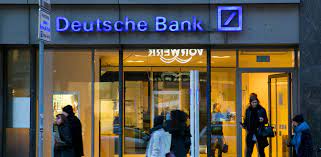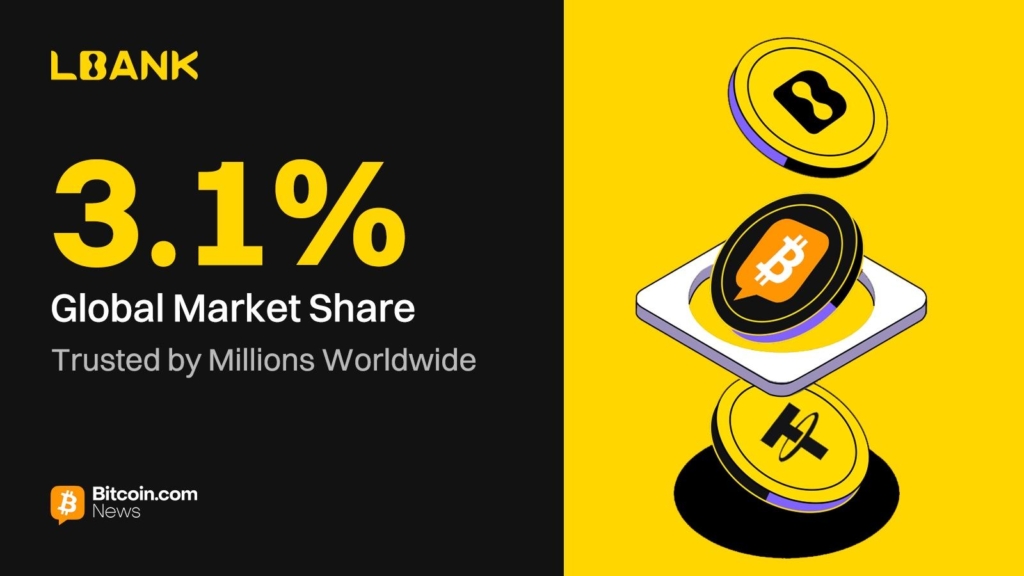German banks are slowly starting to open up to cryptocurrencies, but mostly for institutional investors. This is a significant development, as Germany is one of the world’s leading financial centers.
In recent months, several German banks have announced plans to offer crypto services to institutional clients. For example, Deutsche Bank has said that it will offer custody services for cryptocurrencies to institutional investors. Commerzbank has also said that it is exploring the possibility of offering crypto services to institutional clients.
These moves by German banks are a sign that the financial industry is taking cryptocurrencies more seriously. However, it is still too early to say whether German banks will offer crypto services to retail investors.
There are a number of reasons why German banks are hesitant to offer crypto services to retail investors. One reason is that cryptocurrencies are still a relatively new and volatile asset class. This makes them a risky investment for retail investors.
Another reason why German banks are hesitant to offer crypto services to retail investors is that they are worried about compliance with regulations. Cryptocurrencies are not currently regulated in Germany, but the government is considering regulating them in the near future.
Despite these concerns, there are a number of German banks that are open to the idea of offering crypto services to retail investors. For example, N26, a German neobank, has said that it is considering offering crypto services to its customers.
It is likely that we will see more German banks offer crypto services to retail investors in the future. However, it is important to note that the pace of adoption will likely be slow. This is because the financial industry is still cautious about cryptocurrencies.
What does this mean for the future of crypto in Germany?
The opening up of German banks to crypto is a positive development for the future of crypto in Germany. It shows that the financial industry is taking cryptocurrencies more seriously. This is likely to lead to increased investment in the crypto industry in Germany.
It is also likely that we will see more German companies start to accept cryptocurrencies as payment. This would make it easier for people to use cryptocurrencies in their everyday lives.



